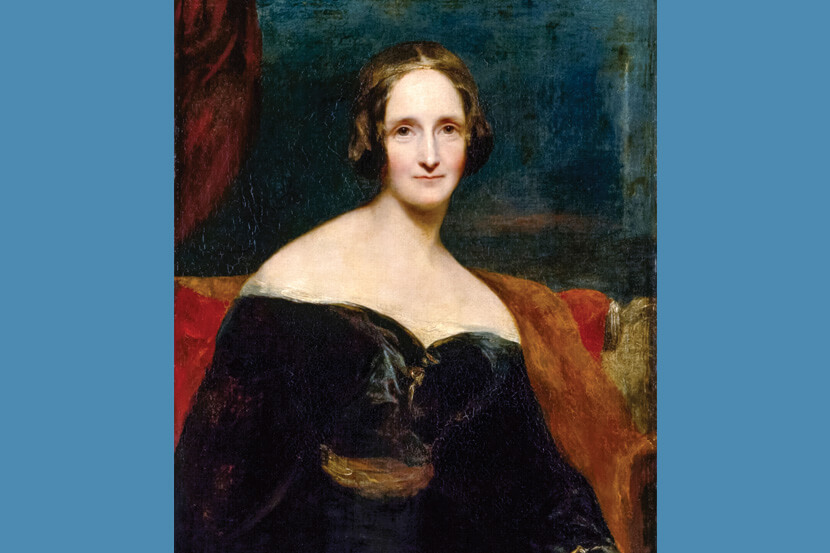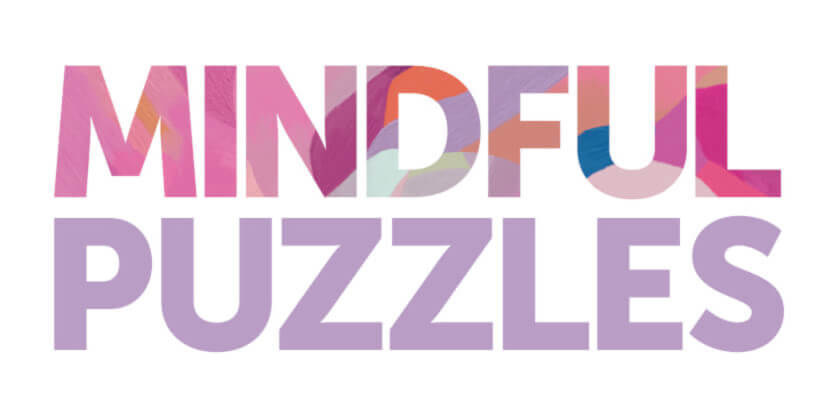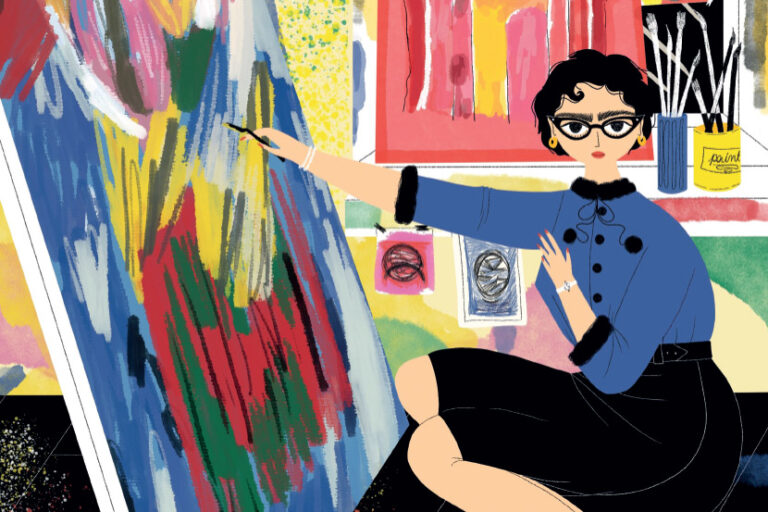
Fearless and powerful. The enduring talent of Mary Wollstonecraft Shelley.
‘Beware; for I am fearless, and therefore powerful.’ MARY SHELLEY, Frankenstein
The beginning of her legacy
When she began to write Frankenstein;or, The Modern Prometheus, in 1816, Mary Shelley was just eighteen years old. More than two centuries later, the novel is a revered and oft-analysed literary classic, often considered the pioneer example of the science fiction genre. It’s inspired numerous stories, plays, movies and memes, and it’s recommended reading for today’s scientists, particularly those working in progressive technologies such as artificial intelligence and robotics.
Mary’s life
In February 1815 Mary gave birth prematurely. Her daughter Clara lived less than a fortnight, dying overnight. Mary was deeply affected. In her journal soon after, she wrote of dreaming “that my little baby came to life again”. She conceived again quickly, and gave birth to a son in January the following year. Her stepsister Claire also became pregnant, through an affair with the Romantic poet Lord Byron. Mary, Percy and Claire travelled to Geneva, Switzerland, to meet up with Byron, and during this stay, the three writers entered into competition with one another to see who could write the best horror story. Mary’s submission was the start of what became the novel, Frankenstein.
The success of Frankenstein
Described by Jill Lepore as ‘four stories in one: an allegory, a fable, an epistolary novel, and an autobiography, a chaos of literary fertility’, upon its publication in 1818, Frankenstein was lauded as imaginative and poetic.
Since then, it has been explored as a work of feminist importance and as a profound expression of grief. In 2017, 200 years after it was first published, MIT Press released an edition “annotated for scientists, engineers, and creators of all kinds”, including essays by modern thought leaders discussing questions of ethics, responsibility, and social aspects of creativity, scientific and otherwise.
Mary Shelley wrote other novels, as well as travelogues and letters, of both historical and literary value, but it is Frankenstein that looms (ahem) monstrous as an influential work, and one that remains readable, relevant and thought-provoking.
WORDS: Kelly Blaney-Murphy
This article was originally published under the title Fearless & Powerful in Issue 33 – Dream a little dream. You can purchase this issue and enjoy more enchanting content here.




















